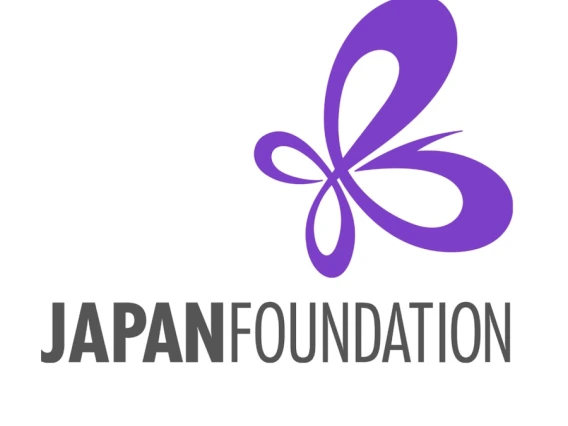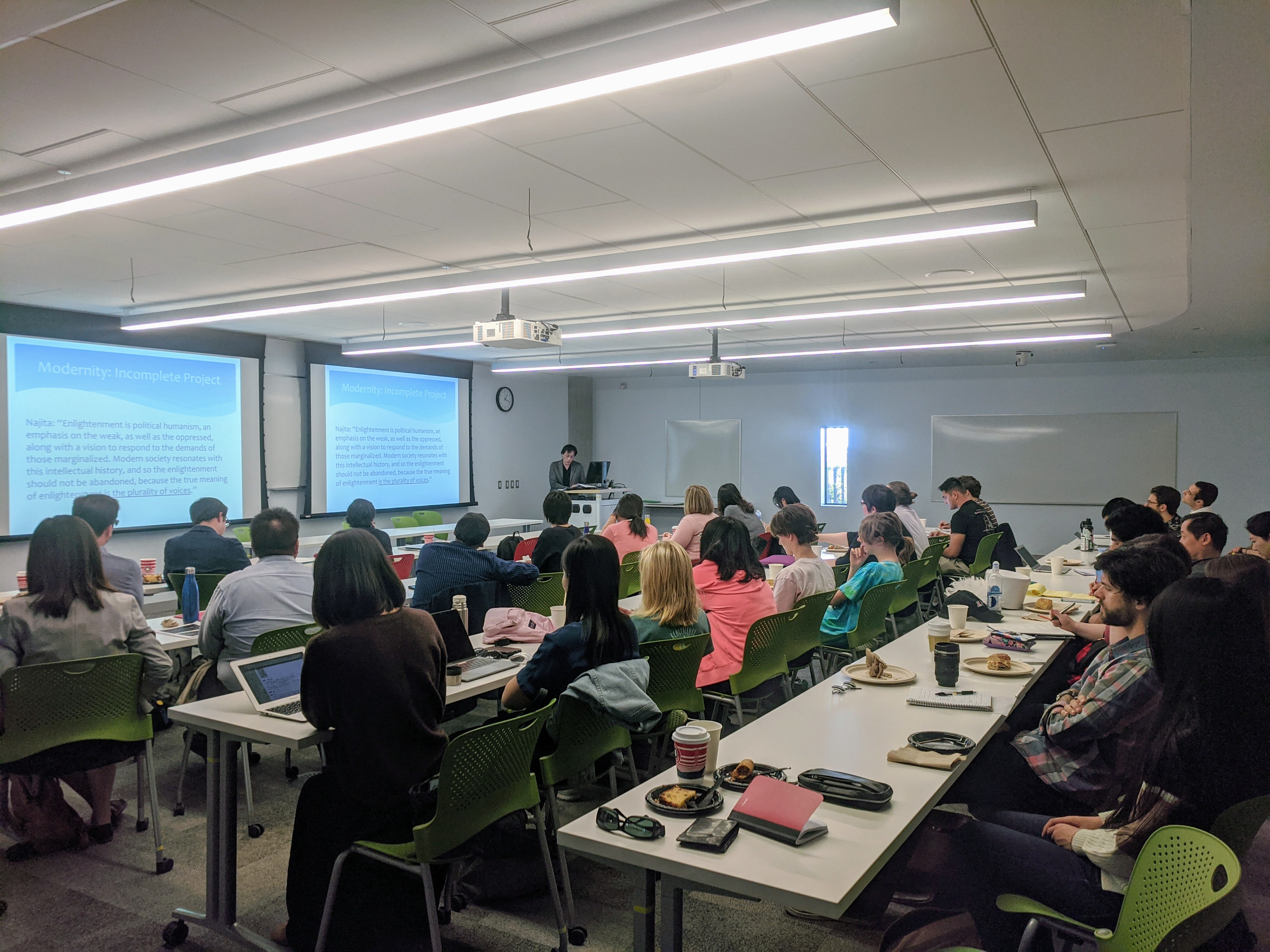
A new wide-ranging grant in Japanese Studies will fund faculty, graduate and undergraduate scholarships, research materials and more, a significant step toward the goal of being one of the country’s top programs.
The grant, about $250,000 over three years, is the largest award the Japan Foundation offers in the United States, and the University of Arizona is the only institution to receive the grant this year. The project, “Building an Integrated Approach to Japanese Studies: Classical Culture, Global Encounters,” includes eight components: a new tenure-track faculty position, an annual workshop series, a visiting lecture series, graduate research assistantships, library acquisitions, sponsored film screenings, graduate student fellowships, and undergraduate scholarships.
“It’s meant to be a comprehensive grant that provides much-needed funding for a variety of initiatives to create a transformational opportunity for our program,” says Joshua Schlachet, one of the principal investigators and an assistant professor in the Department of East Asian Studies. “We are thrilled to have this support to continue building on our departmental successes in Japanese Studies.”
Co-investigators on the grant are Takashi Miura and Nathaniel Smith, specialists in Japanese religion and anthropology, who join other current faculty experts on history, linguistics and modern literature, with chronological expertise spanning from the 17th through the 21st centuries. With the grant, the department has been able to hire premodern Japanese literature expert Kaoru Hayashi as the new tenure-track assistant professor.
“We see this as a way to increase our integration across the department and really improve the research profile of our Japanese Studies program, putting the U of A and College of Humanities in that conversation as one of the top places to go and learn about Japan, both at undergraduate and graduate levels,” Schlachet says. “We have many of the pieces together and we feel like we’re building upon that strong foundation to bring our reputation in line with the quality of the program.”
Key to the long-term plan is the hire of Hayashi, who extends the program’s research and teaching capacity into classical Japan, complementing the range current faculty and extending the program’s research and teaching capacity into time periods and themes of study lacking sufficient attention.
“I am thrilled to join a department that continues to grow in its role as a leading program in the field. Studying premodern Japan and its texts is trans-regional and interdisciplinary by nature, and I am excited to contribute to bolster the intellectual foundation of East Asian Studies,” Hayashi says. “Collaborating with such a diverse body of faculty in the Department and the larger College of Humanities gives us the chance to show how the study of classic literature is alive and relevant, as the 'classics' have never been static entities—they are continually reconstructed and reinterpreted down to the present day.”
The East Asian Studies Department is transitioning to a cluster model based on time periods as well as geographical foci, which will encourage cooperation between specialists in premodern Japanese and Chinese cultures. The department is particularly grateful for the ability to hire a tenure line in classical Japanese as part of the grant, which will encourage further developments in this direction, says Department Head Albert Welter.
“The study of classical Japan is an essential component of any strong East Asian Studies program. Not only does it provide a base for Japan Studies more generally, but it also provides links across boundaries and an interdisciplinary synergy to explore commonalities intrinsic to a broader East Asian culture,” Welter says.
Other components of the project, like the themed workshops, sponsored lectures, library acquisitions and film series, will build networks across the university’s research community and connect the University of Arizona to a national and international network of Japan scholars. A pilot workshop, “Interdisciplinary Edo: New Perspectives on Early Modern Japan,” took place in 2019.

Dedicating a significant portion of the Japan Foundation grant to undergraduate scholarships and graduate research assistantships and fellowships will be crucial to not only supporting those young and emerging Japanese Studies scholars, but fortifying the University as an academic destination in the future. In terms of curriculum, the project focuses on integrating humanistic inquiry with concrete career training in fields across the university, since undergraduates in the Japanese language and culture programs routinely pursue double-majors in a variety of fields.
“We took great care to design and include comprehensive graduate and undergraduate student funding packages to attract, retain and reward our best students,” Smith says. “Study abroad programs give our students immersive learning experiences and many past participants have gone on to pursue career opportunities in Japan. Creating new scholarships helps us engage more students in this critical aspect of cross-cultural education.”
Significantly, the College of Humanities has defied national trends of declining enrollment in humanities programs and East Asian Studies is uniquely poised to set regional and even national standards for growth among peer institutions. From 2013 to 2018, the number of East Asian Studies undergraduate majors focusing on Japanese culture and language increased 57 percent, from 44 to 69, while minors over the same period increased 76 percent, from 119 to 209.

